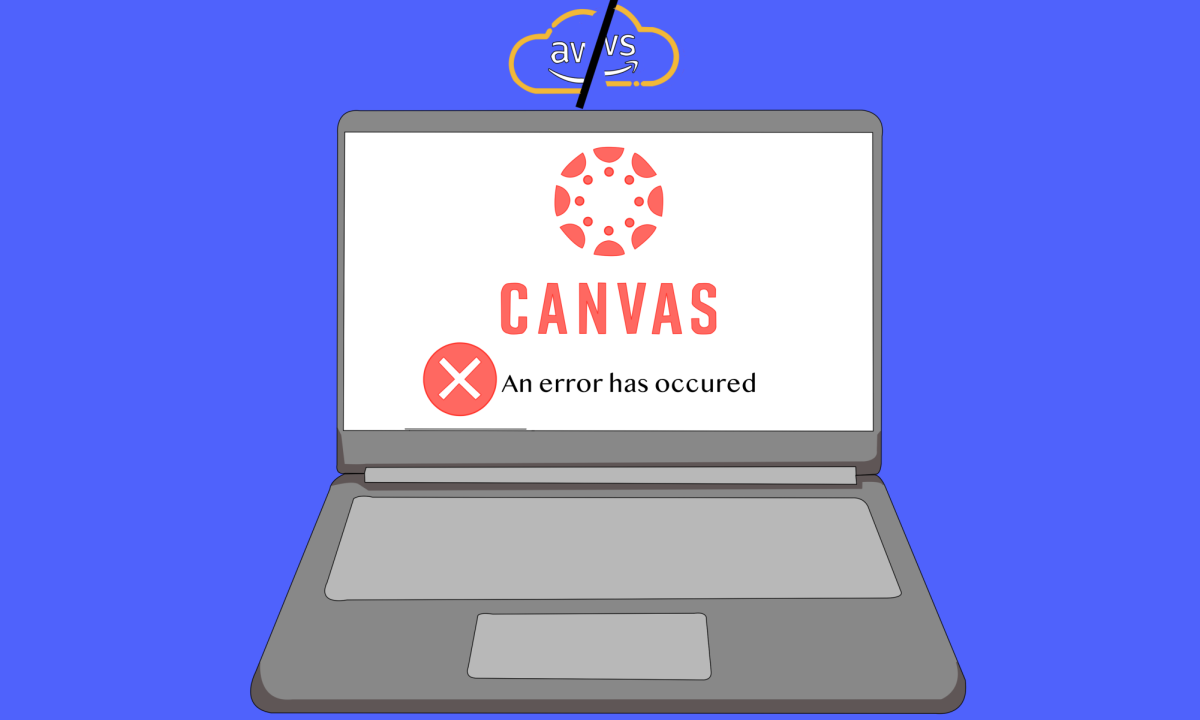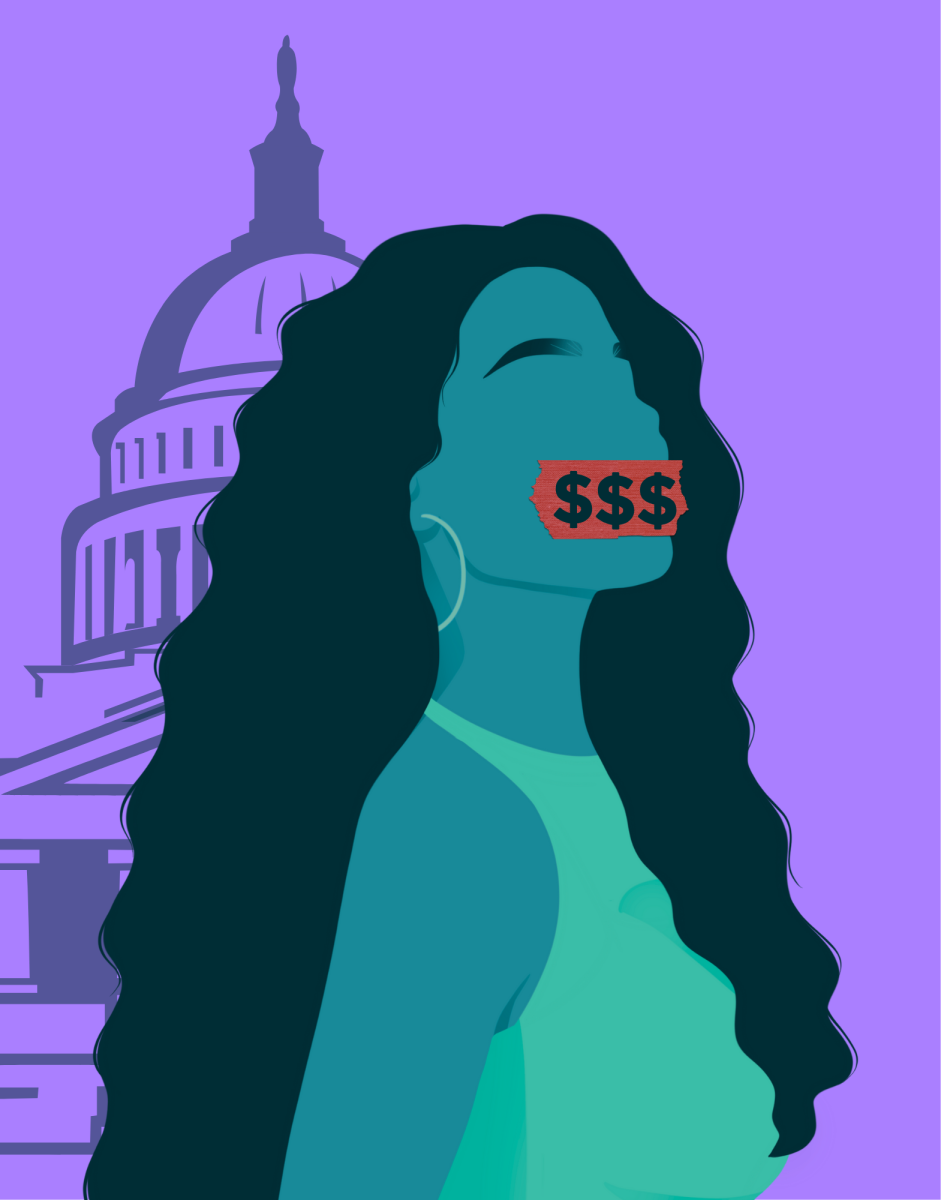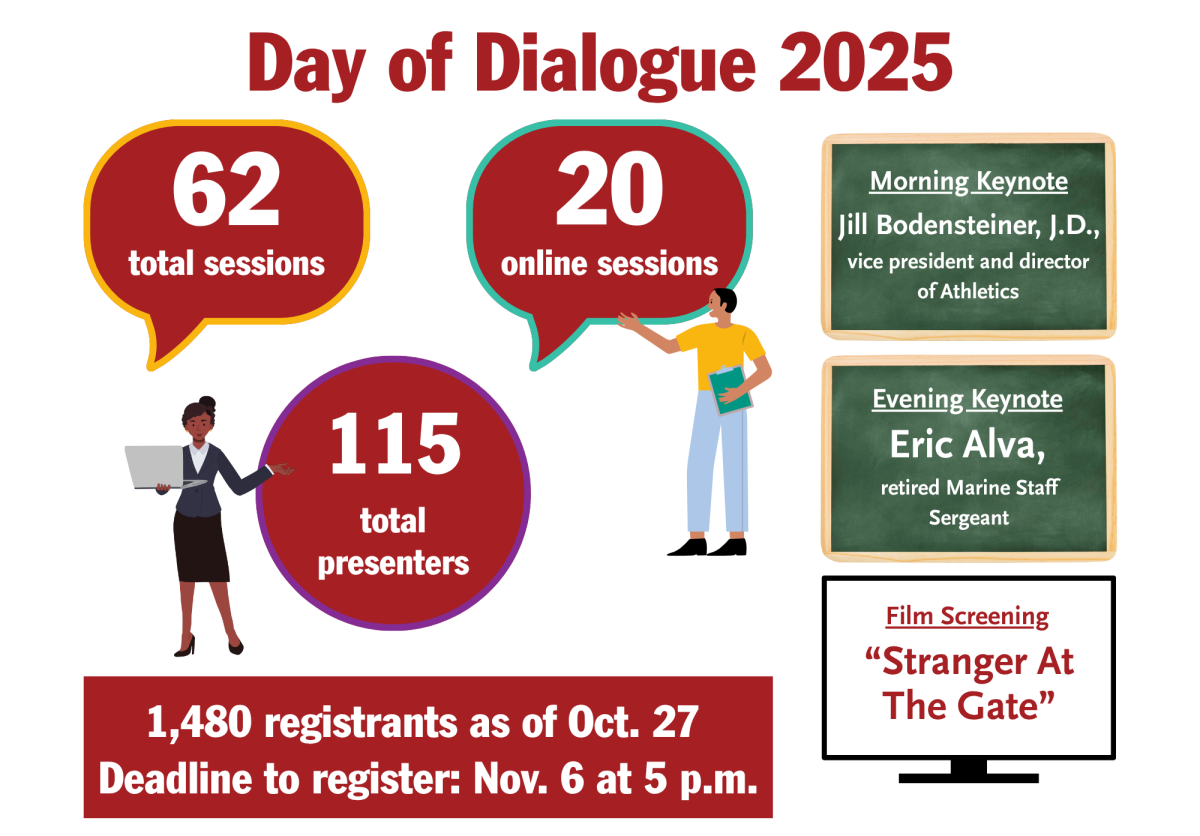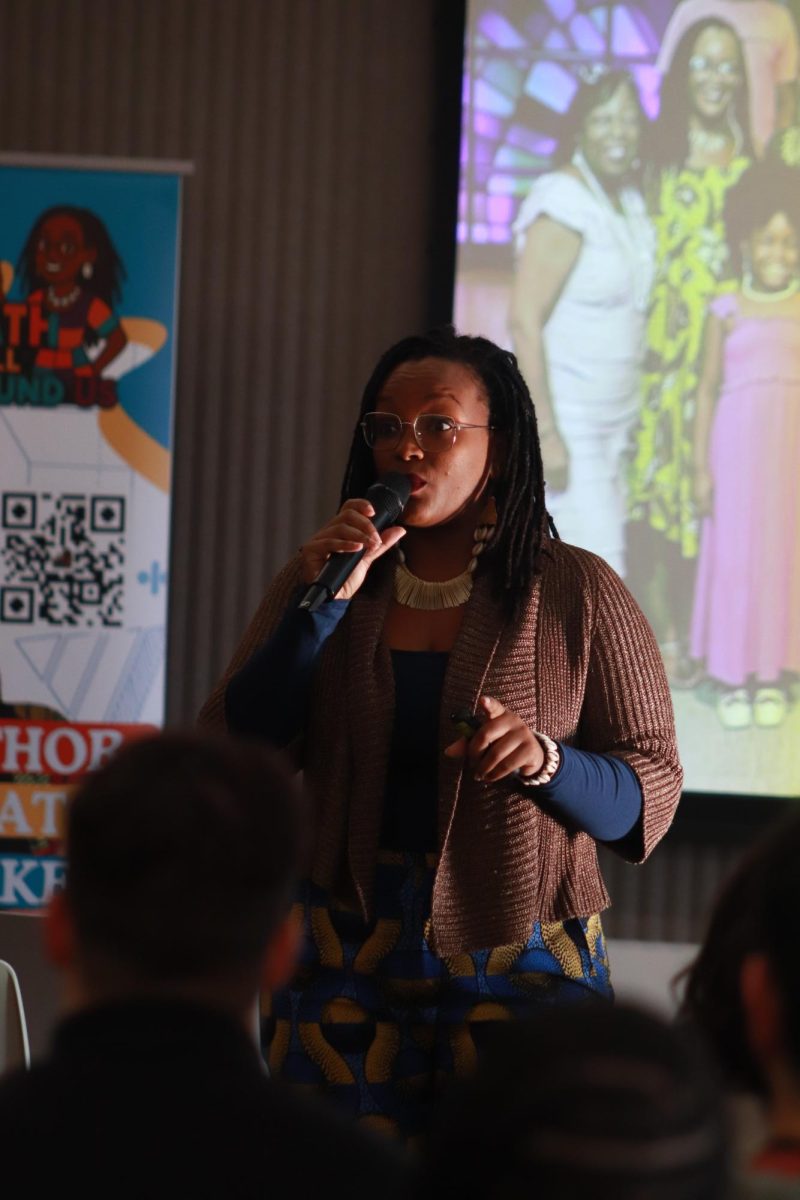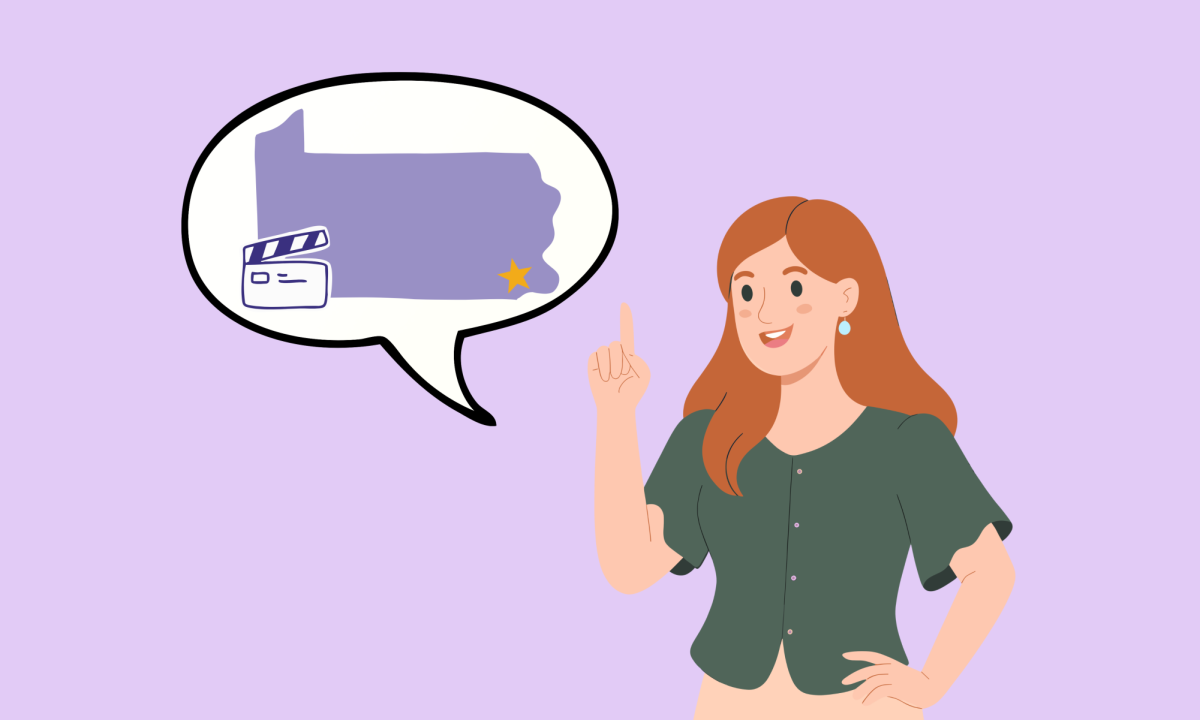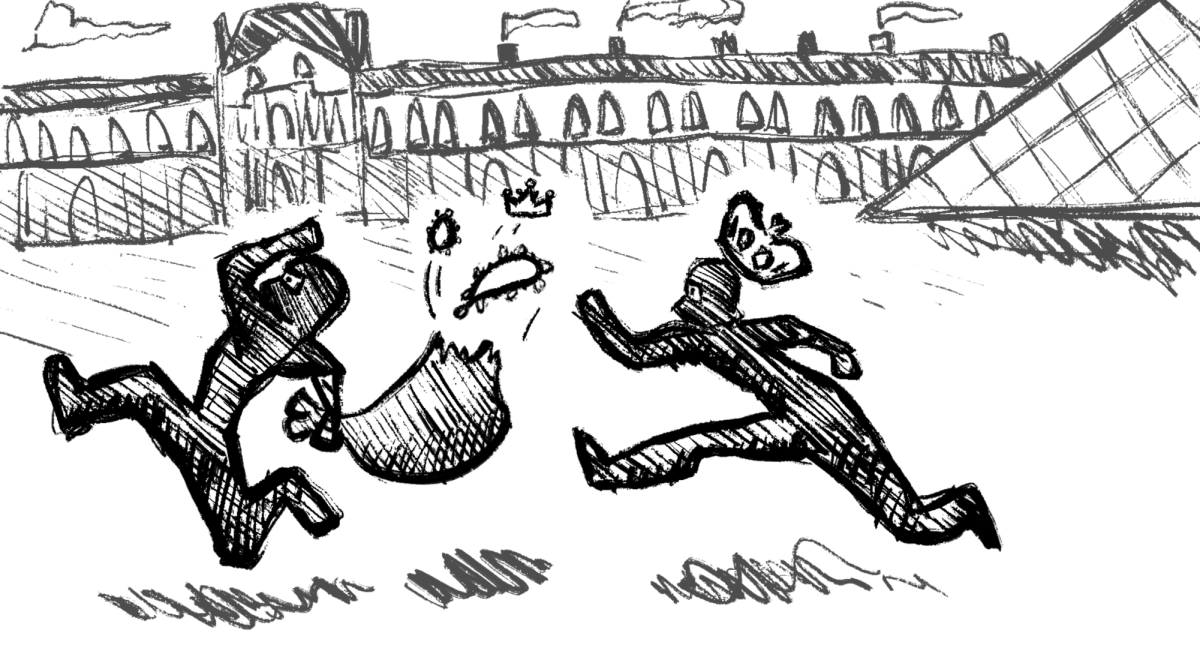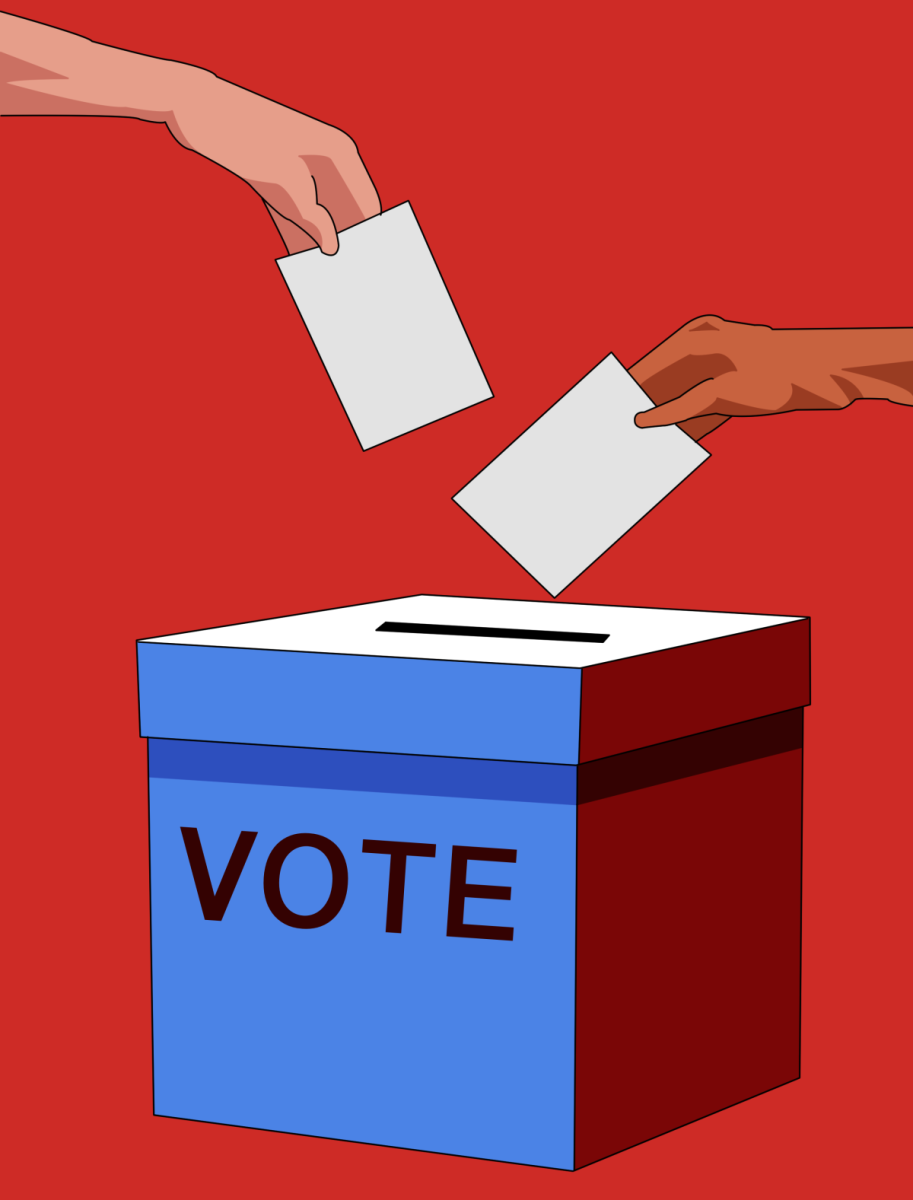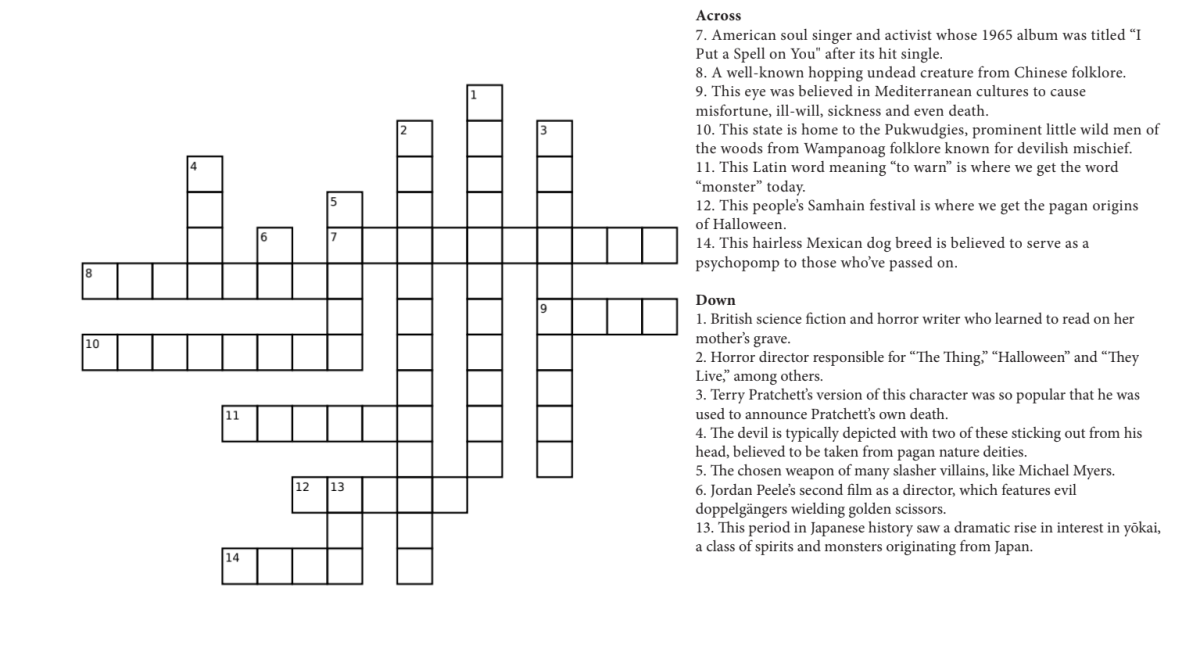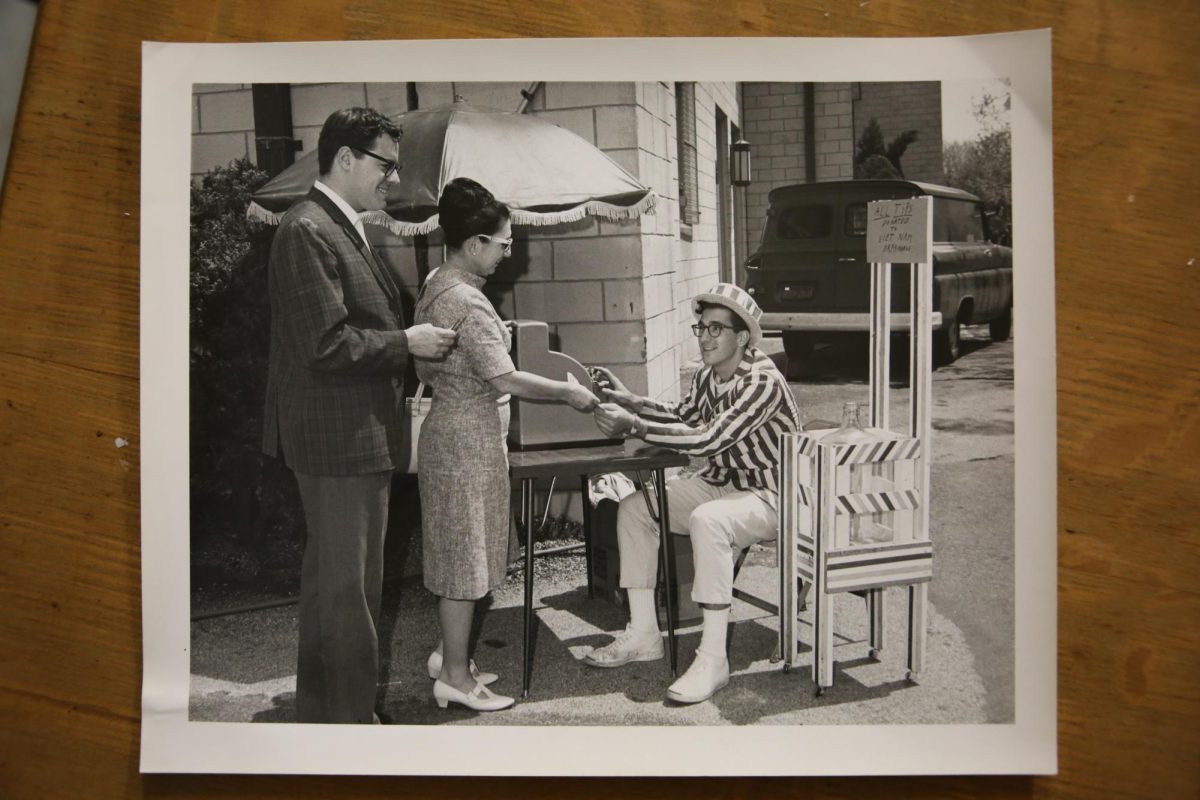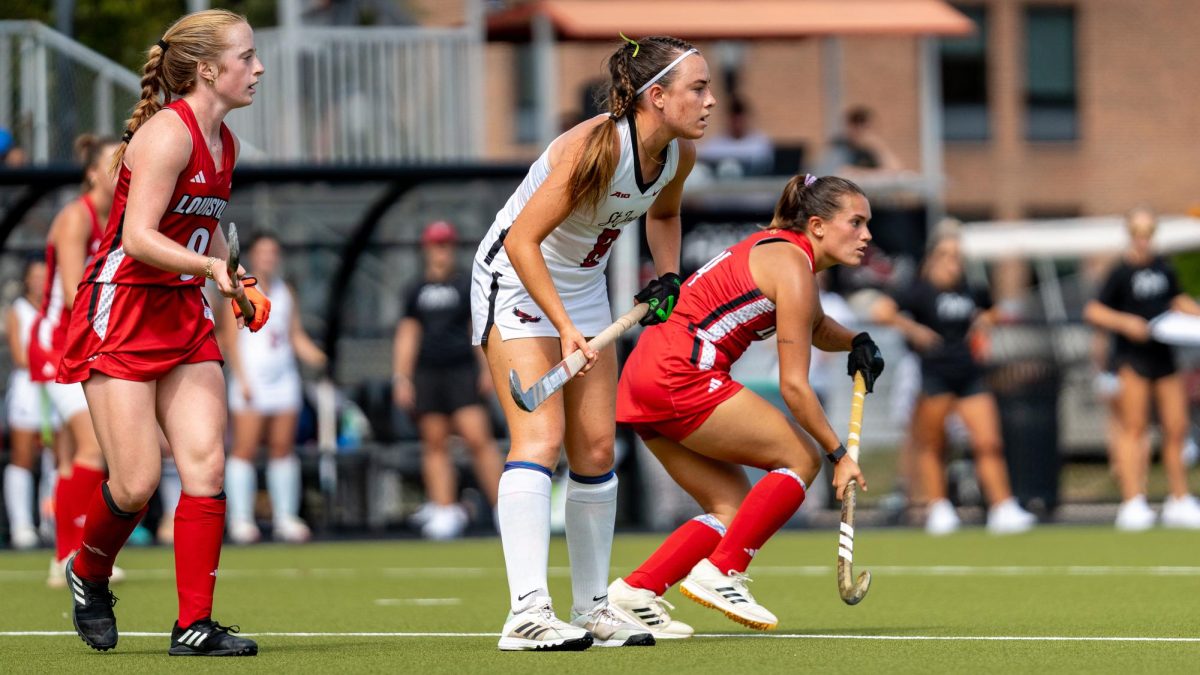How to use social media in the next decade
The end of the first semester gives us a time for reflection, both about the semester and the end of the year. However, this ending also gives us a time to reflect on the end of the decade as we are now moving into part two of the Roaring 20s.
A majority of the student body grew up in this decade. Many of us were 10 to 13 years old during the 2000s, but during the 2010s, we moved into our teens and twenties. With us grew the improvement of technology and the boom of social media.
After narrowing down what made this decade what it was, we have concluded that social media and increasing technological developments impacted most of what happens in society.
This generation has used social media as a mode for activism and mobilization. Now that we have had 10 years to adapt to the change and over two billion people using social media, we need to rethink how we enter into this next decade and utilize what we’ve created to our advantage.
People are able to unite around a cause and spread awareness instantaneously. For example, issues like police violence against minorities, sexual assault and gun violence gained increasing recognition facilitated by the use of popular social media hashtags. #BLM, #MeToo, #MarchForOurLives and other movements utilized hashtags and social media to mobilize a following.
“Cancel culture” also came about in this decade. Specifically around issues like homophobia (think Chik-Fil-A funding anti-LGBTQIA+ organizations) and abuse (think famous singers losing a following after their survivors came forward). We started holding people accountable for unacceptable actions and decided whatever that person is doing now, they should not be let off the hook. This movement applies primarily in the realm of famous people, but cancel culture spreads from the top down.
Even here at St. Joe’s, we are starting to build a culture of accountability on campus. None of us should claim ignorance to racial bias, homophobia or sexism because we know it’s unacceptable to be a bystander to injustice; we are able to use social media to educate ourselves and others if it is not already apparent.
Let’s not forget, however, that while social media has allowed us to connect with others and spread news and intellectual property faster, it has also started a platform for growing debate, created a thin veil of personal privacy and facilitated negative mental health effects.
These platforms have allowed for election interference, the spread of fake news and hateful conspiracy theories. It has allowed for active shooters to livestream their actions onto a platform that reaches millions of people. It has allowed for terrorists, both domestic and foreign, to publicize their threats and violence.
Social media has also created a landscape that enables hate and violence.
This should be another main focus to combat in the years to come. While we use different platforms to create a culture of accountability, justice and visibility for marginalized groups, we need to address the hate that comes with social media as well.
As 2019 winds down and 2020 finally approaches, we encourage all of our readers to reflect on the role social media and technology have played in our individual lives. We need to make it a priority in the years and decades to come to curate a culture that both combats hate and promotes activism, and make this the new norm.
—The Editorial Board
This week’s Editorial Board is comprised of the Digital Managing Editor, Copy Editors, Sports Editor, Assistant Features Editor, Assistant Social Media Editor, Online Editor, Assistant News Editor, Photo Editor, News Editor, Editor in Chief, Special Projects Editor, Managing Editor, Copy Chief and Opinions Editor. This editorial reflects the views of the Board and not the entire Hawk staff.

